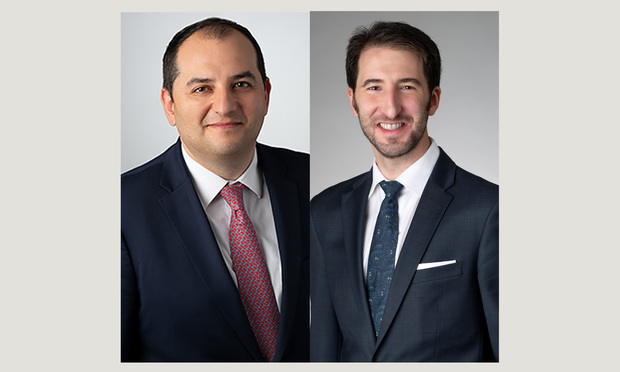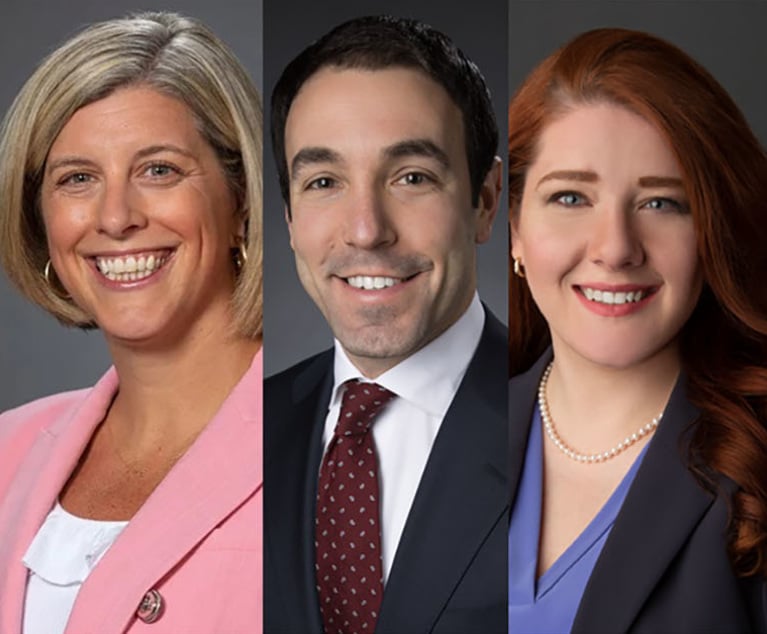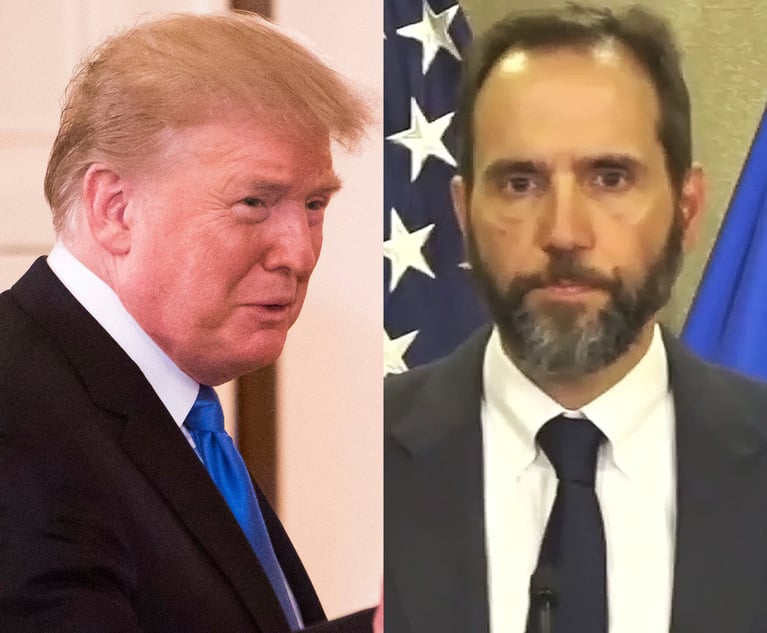In a matter of first impression, the District of Columbia Court of Appeals held, “for the first time, that a belated correction to a defendant’s sentence, even an illegal one, may violate the Due Process Clause,” “in extreme circumstances.” In Jordan v. United States, 235 A.3d 808 (D.C. 2020), the D.C. Court of Appeals vacated a lower court’s decision to extend Jordan’s sentence to a longer, statutorily mandated sentence and held that the “belated increase in defendant’s sentence 17 years after it was revised downward at defendant’s request, in order to correct alleged error in the earlier revision to which the government had not objected at the time, violated substantive due process rights.”
Jordan presents an extreme example of a substantive due process violation in the context of sentence finality with important lessons about government overreach.

 (L_R) Luke Cass, Christopher J. Frisina
(L_R) Luke Cass, Christopher J. Frisina







